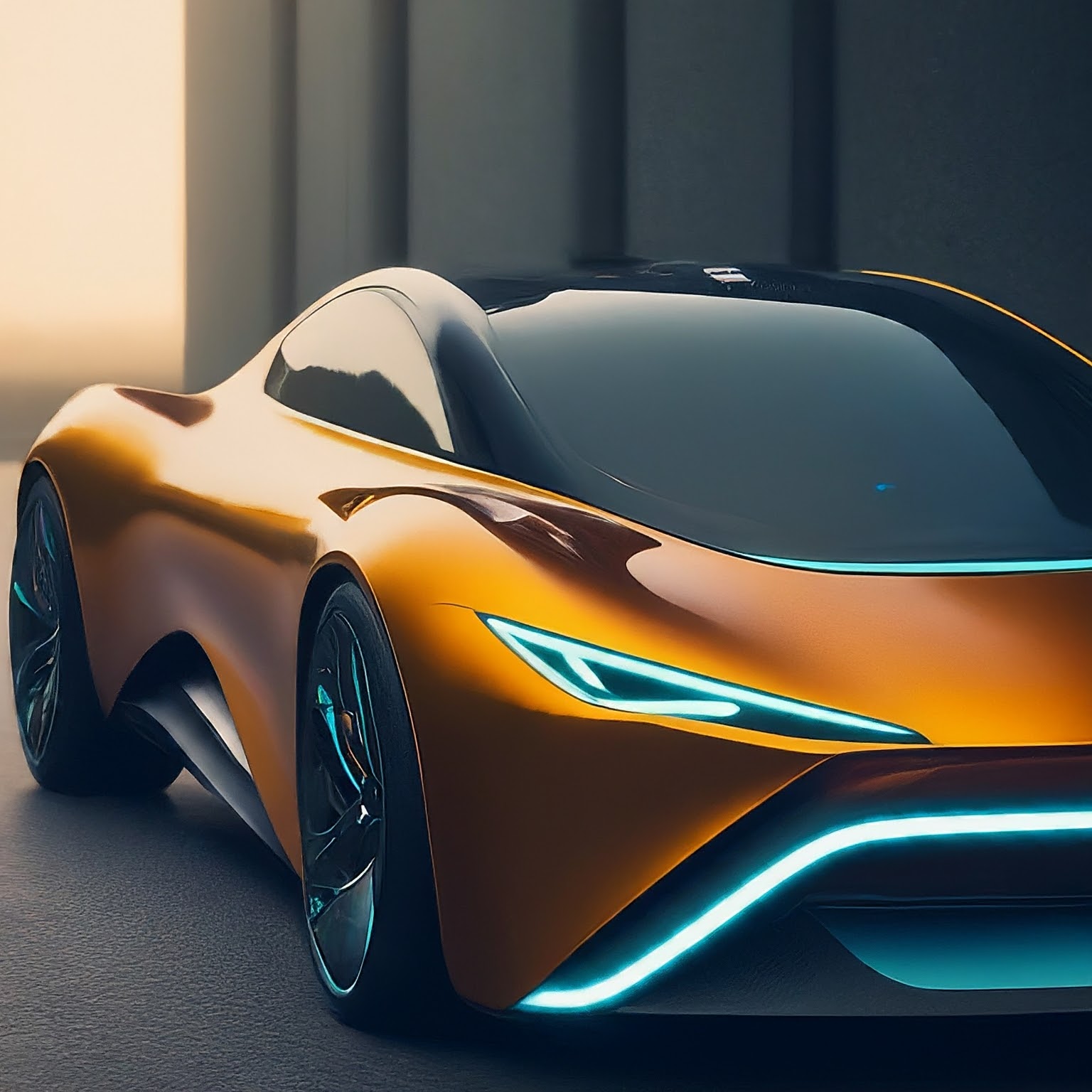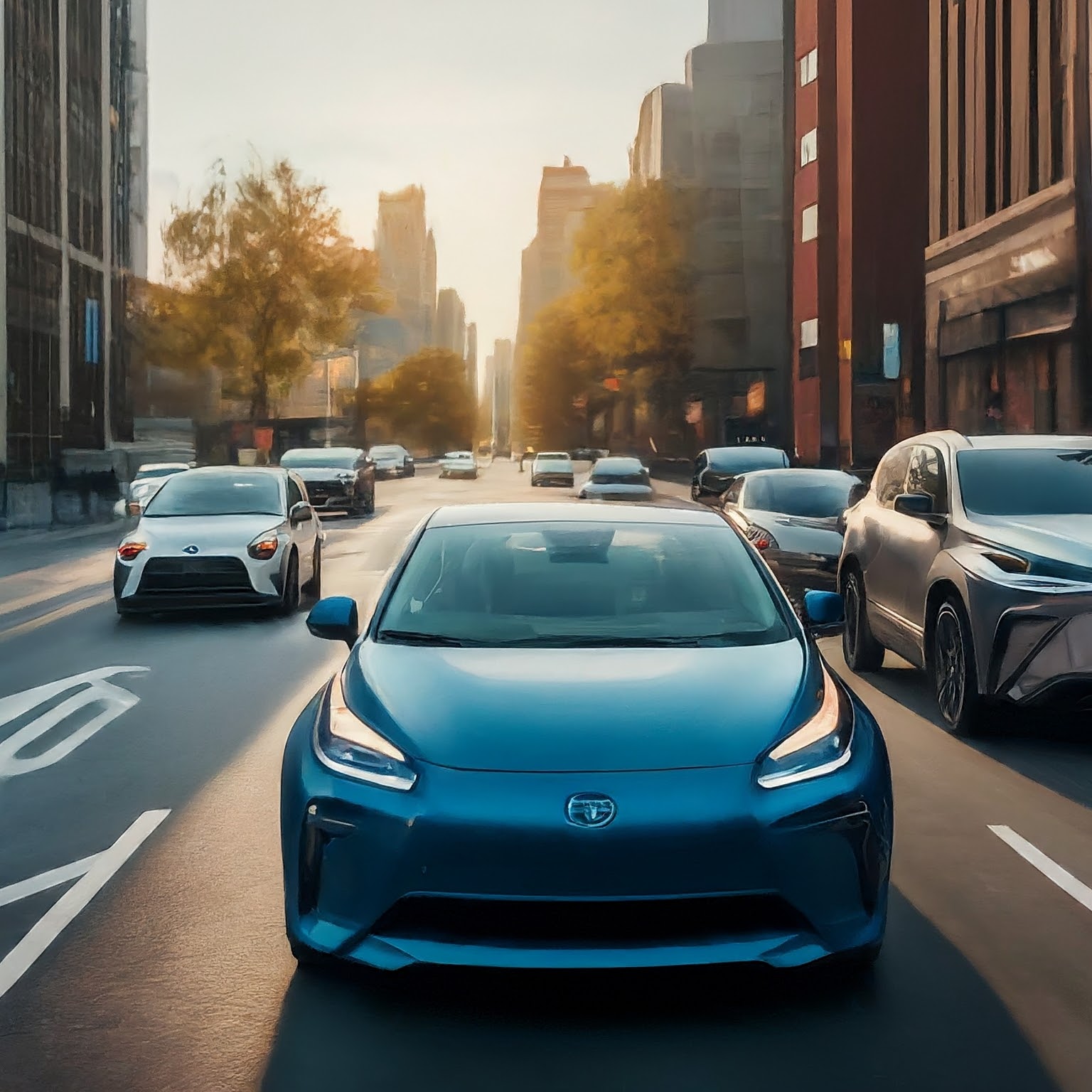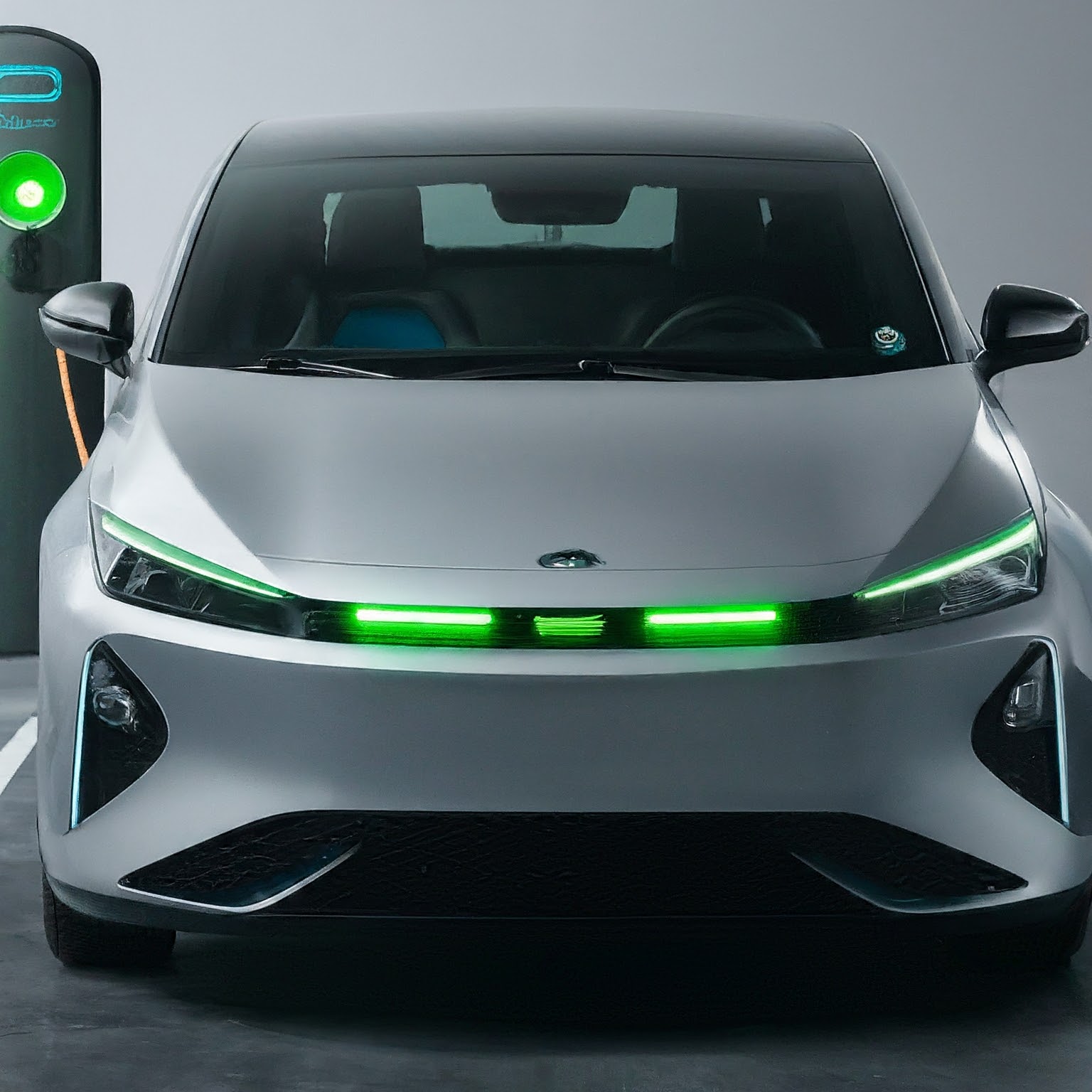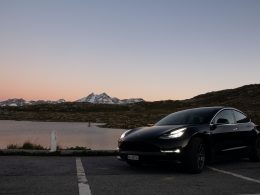Electric vs. Gasoline Vehicles: Powering Your Choice
The rumble of a gasoline engine has been the soundtrack of personal transportation for over a century. But in the face of fluctuating gas prices and mounting environmental concerns, a new era is dawning, powered by the quiet hum of electric motors. As we explore Electric vs. Gasoline Vehicles, this article dives deep into the advantages and disadvantages of both options, empowering you to make an informed decision for your next car purchase.

Electric Vehicles: A Charge Towards the Future
Electric vehicles (EVs) run on electricity stored in a high-voltage battery pack, eliminating tailpipe emissions and dependence on fossil fuels. Here’s a closer look at their key features and benefits in the Electric vs. Gasoline Vehicles landscape:
- Environmental Champion: EVs boast a significant edge when it comes to environmental impact. They produce zero tailpipe emissions, contributing to cleaner air, especially in urban areas with high concentrations of vehicles. This translates to a reduced carbon footprint and a positive impact on combating climate change, a major concern in the Electric vs. Gasoline Vehicles debate.
- Cost-Effective Companion: While the upfront cost of an EV might be higher, electricity is generally cheaper than gasoline. The cost per mile traveled for an EV is significantly lower compared to a gasoline car. Furthermore, EVs require less maintenance due to fewer moving parts. They don’t require oil changes, spark plug replacements, or exhaust system repairs, leading to significant savings over the lifetime of the vehicle. In the Electric vs. Gasoline Vehicles discussion, this translates to lower overall operating costs for EVs.
- Performance Packed: EVs deliver exceptional acceleration due to the instant torque provided by electric motors. Unlike gasoline engines that need to build up revs, electric motors provide maximum torque from the moment you press the pedal, resulting in a exhilarating driving experience. Advancements in battery technology are steadily increasing the range of EVs, making them suitable for most daily commutes and even some longer trips. Additionally, EVs are highly efficient in converting energy into motion, unlike gasoline engines that waste a significant amount of energy as heat. This efficiency makes EVs strong contenders in the Electric vs. Gasoline Vehicles conversation.
- Silent Symphony: Enjoy a smooth and silent driving experience with EVs compared to the noise generated by gasoline engines. This translates to a more relaxing driving experience for occupants and reduced noise pollution in neighborhoods, making EVs a quieter choice in the Electric vs. Gasoline Vehicles debate.

Challenges of Embracing Electricity:
Despite their numerous advantages, EVs still face some challenges that are important to consider in the Electric vs. Gasoline Vehicles discussion:
- Range Anxiety: While range is improving, some drivers might experience anxiety due to the limited range compared to a single tank of gas. The average electric vehicle range falls between 250-400 miles on a single charge, which can be less than the range of a full gas tank in many gasoline cars.
- Charging Infrastructure: The availability of charging stations, especially fast-charging stations, is still not as widespread as gas stations. This can be a concern for long-distance travel or for those who lack access to home charging. However, the number of charging stations is growing rapidly, and many workplaces and public spaces are now offering charging options, making charging infrastructure a developing aspect in the Electric vs. Gasoline Vehicles landscape.
- Charging Time: Though faster charging options like DC fast chargers are emerging, fully charging an EV typically takes longer than filling up a gas tank. Depending on the charging station and battery size, a full charge can take anywhere from 30 minutes to several hours. When considering Electric vs. Gasoline Vehicles, charging time is a factor that can impact convenience.
- Upfront Investment: The initial cost of purchasing an EV is generally higher than a comparable gasoline car. This is due to the cost of the battery pack, which is the most expensive component of an EV. However, government incentives, lower operating costs, and potential savings on fuel can help offset the higher upfront price tag, making the cost a consideration in the Electric vs. Gasoline Vehicles debate.

Gasoline Vehicles: A Familiar Ride
Gasoline-powered vehicles have dominated the market for decades, offering a familiar and established technology in the Electric vs. Gasoline Vehicles landscape. Here’s what they have to offer:
- Widespread Availability: Gas stations are readily available in most locations, making long-distance travel convenient. You can find a gas station on almost any highway or in any town, eliminating concerns about running out of fuel on a trip. This widespread availability is a major advantage for gasoline vehicles in the Electric vs. Gasoline Vehicles discussion.
- Fast Refueling: Filling a gas tank takes just a few minutes, allowing for quicker stops on the road. This can be a significant advantage for those who frequently take long trips or dislike waiting for their car to charge. When considering Electric vs. Gasoline Vehicles, refueling speed is a major convenience factor for gasoline cars.
- Wider Variety of Choices: A broader selection of models and body styles are available in gasoline vehicles compared to EVs. Whether you need a powerful truck for towing, a spacious SUV for your family, or a sporty coupe, you’ll find a wider variety of options with gasoline-powered vehicles. This wider selection remains a strength for gasoline vehicles in the Electric vs. Gasoline Vehicles discussion.

Drawbacks of the Gas Pump:
However, gasoline vehicles come with their own set of drawbacks that can’t be ignored in the Electric vs. Gasoline Vehicles debate:
- Environmental Culprit: Gas-powered cars are major contributors to greenhouse gas emissions and air pollution. The burning of gasoline releases pollutants like nitrogen oxides and carbon monoxide, which can harm public health and contribute to climate change. This significant environmental impact is a major disadvantage for gasoline vehicles compared to EVs.
- Fluctuating Fuel Costs: The price of gasoline can be volatile, impacting your overall running costs. Gas prices can fluctuate significantly based on global oil prices, economic factors, and taxes. This can make budgeting for fuel costs difficult, adding uncertainty to the Electric vs. Gasoline Vehicles discussion.
- Higher Maintenance Costs: Gasoline vehicles require more regular maintenance compared to EVs due to complex internal combustion engines. Routine maintenance includes oil changes, spark plug replacements, air filter changes, and various other services to keep the engine running smoothly. These costs can add up over time, making maintenance a consideration in the Electric vs. Gasoline Vehicles debate.
- Noise Pollution: Gasoline engines generate noise, contributing to overall noise pollution in urban areas. This can be disruptive to residents and wildlife, making noise a negative factor for gasoline vehicles compared to the quieter EVs.

Making the Electric vs. Gasoline Choice for You
The ideal choice between an electric and gasoline vehicle depends on your individual needs and priorities. Here are some factors to consider when navigating the Electric vs. Gasoline Vehicles landscape:
- Driving Range: If you frequently take long road trips, a gasoline vehicle might be more suitable for now. However, with advancements in battery technology, EVs are becoming increasingly viable for longer journeys, especially with the growing network of charging stations. Some EVs can now travel over 400 miles on a single charge, making them suitable for most road trips with some planning.
- Charging Options: Assess your home charging capabilities and the availability of public charging stations in your area. If you have a garage or driveway and can install a home charger, owning an EV becomes much more convenient. Public charging infrastructure is also expanding rapidly, but it’s important to consider if there are enough stations in your area to meet your needs.
- Government Incentives: Many governments offer tax breaks and rebates to encourage EV adoption. Research any available incentives in your region. These incentives can significantly reduce the upfront cost of purchasing an EV, making them more competitive with gasoline cars in the Electric vs. Gasoline Vehicles discussion.
- Budget: Consider your overall budget, including the initial purchase price, fuel costs, and maintenance costs. While EVs have a higher upfront cost, the lower operating and maintenance expenses can offset this difference over time.
- Environmental Concerns: If you’re environmentally conscious and want to reduce your carbon footprint, an EV is the clear choice. EVs produce zero tailpipe emissions and contribute to a cleaner environment.
- Driving Habits: If you primarily use your car for short commutes and errands, an EV’s range will likely be sufficient for your needs. However, if you frequently take long trips or need a vehicle for towing, a gasoline car might be more suitable at this time.
The Future is Electric
The future of transportation is undoubtedly electric. While gasoline vehicles remain a convenient option, the environmental and economic benefits of EVs are undeniable. As battery technology and infrastructure continue to develop, EVs are poised to become the dominant choice for car buyers in the Electric vs. Gasoline Vehicles landscape. Additionally, advancements in autonomous driving technology are expected to be integrated more readily with EVs due to their simpler powertrain and ability for software updates.












